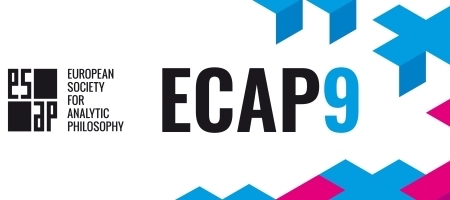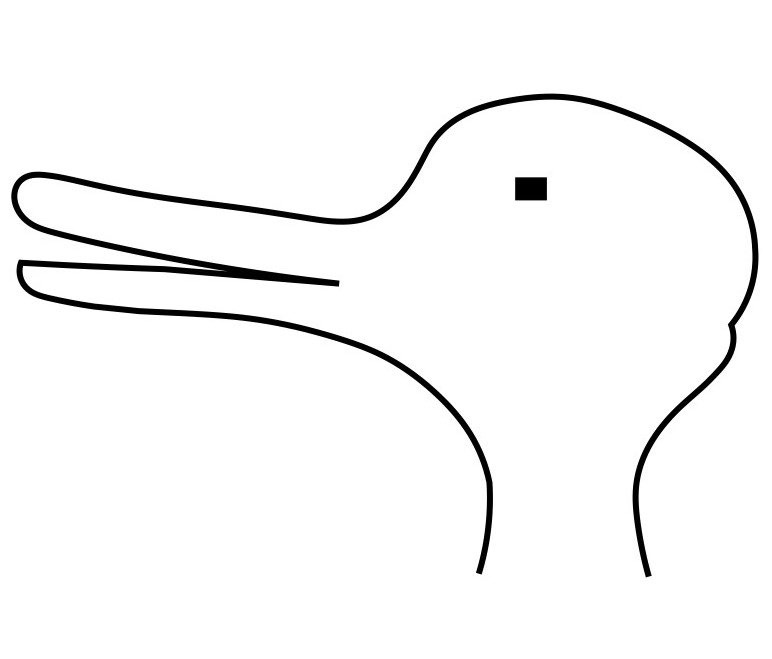The Ninth European Congress of Analytic Philosophy (ECAP9), 21-26 August 2017 | Munich, Germany
 Ambiguity differs from vagueness or indeterminacy; they are similar phenomena but surely different. It’s easy to find paradigmatic examples of ambiguity, vagueness, and indeterminacy but it’s also easy to find tricky cases in which even competent speakers meet with difficulties in their attempt to classify examples. To summarize, there are two problems: (A) The Problem of Classification: There are non-paradigmatic examples where it is not clear intuitively whether they are ambiguous, vague, or indeterminate and (B) The Problem of the Criterion: So far, there exists no criterion to distinguish paradigmatic examples of ambiguity, vagueness, and indeterminacy. Here, I am going to propose an ambiguity criterion in order to distinguish ambiguity from vagueness and indeterminacy. According to the ambiguity criterion of rational assertability an item i is ambiguous iff (i) there are several interpretations/meanings of the item i and (ii) it is impossible for a rational speaker to assert a sentence meaningfully or to use a term appropriately without deciding on one of these several interpretations/meanings.
Ambiguity differs from vagueness or indeterminacy; they are similar phenomena but surely different. It’s easy to find paradigmatic examples of ambiguity, vagueness, and indeterminacy but it’s also easy to find tricky cases in which even competent speakers meet with difficulties in their attempt to classify examples. To summarize, there are two problems: (A) The Problem of Classification: There are non-paradigmatic examples where it is not clear intuitively whether they are ambiguous, vague, or indeterminate and (B) The Problem of the Criterion: So far, there exists no criterion to distinguish paradigmatic examples of ambiguity, vagueness, and indeterminacy. Here, I am going to propose an ambiguity criterion in order to distinguish ambiguity from vagueness and indeterminacy. According to the ambiguity criterion of rational assertability an item i is ambiguous iff (i) there are several interpretations/meanings of the item i and (ii) it is impossible for a rational speaker to assert a sentence meaningfully or to use a term appropriately without deciding on one of these several interpretations/meanings.
